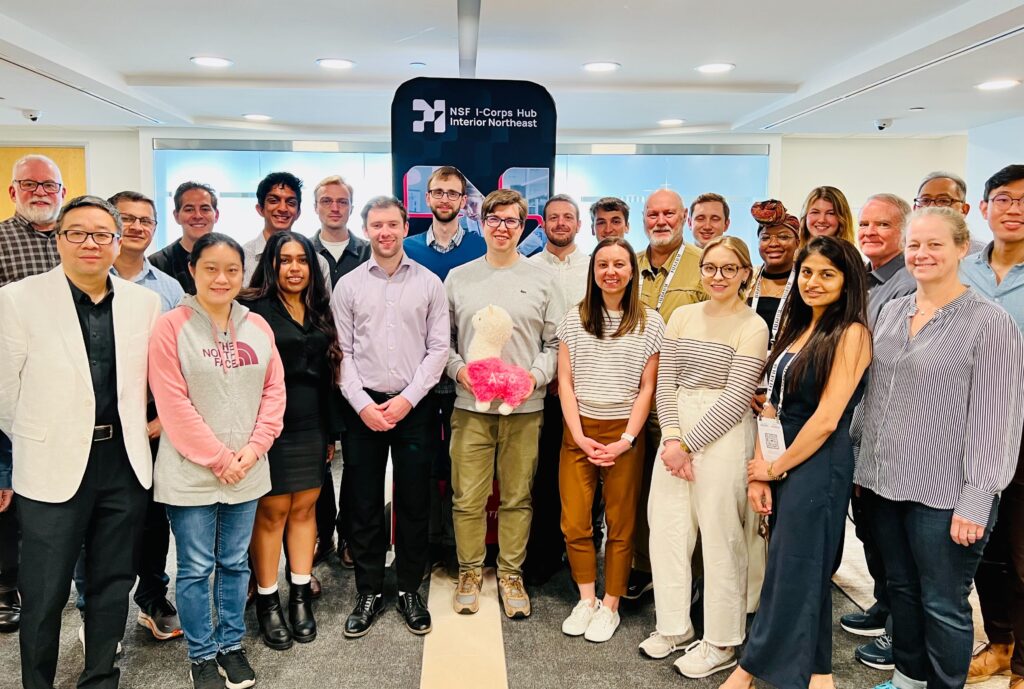This June, a group of researchers developing biotechnology innovations conducted customer discovery interviews at the 2023 BIO International Convention (BIO) in Boston through a tailored I-Corps regional course hosted by the Interior Northeast I-Corps Hub (IN I-Corps).
Hosted by IN I-Corps Hub partners Cornell University, Dartmouth College, and the University of Pittsburgh, the course began with two weeks of virtual training in May, then shifted to an in-person format for the convention from June 3 to 6.
BIO brought together leading biotechnology innovators from industry, academia, and nonprofit organizations, providing the optimal environment for I-Corps participants to learn more about trends and challenges in the industry. Teams spoke to 30 or more potential customers at the convention to hone the product-market fit of their innovations.
“I think that it is essential to speak to customers and key stakeholders when considering commercializing a technology to verify that you’re moving in the correct direction and addressing a substantial need, not just trying to push a cool technology out into the world,” said Jordyn Ting, co-founder of Lexi Medical.
Along with customer discovery, teams also received additional face-to-face training from I-Corps instructors during the convention. After returning home, teams met once more online to present their findings and discuss their next steps.
The following 13 teams successfully completed the 2023 BIO course:
- Biocognon (Christopher Szent-Gyorgyi – Carnegie Mellon University) is developing a molecular recognition technology to make the creation of antibody-based therapeutics and diagnostics faster and cheaper.
- Biotech Innovators (Varsha Shukla – Dartmouth College) is providing a predictive maintenance service to help healthcare providers optimize equipment performance, minimize downtime, and improve outcomes.
- Celltomics (Wilfrido Mojica and John Powers – Dartmouth College) is utilizing machine learning algorithms to develop a more efficient drug discovery platform based on large-scale genomic and proteomic datasets.
- ENCUE (Jesse Gordon-Blake – Northwestern University) is developing synaptic plasticity modulating therapeutics to treat neurodegenerative diseases and psychiatric disorders.
- ImmPro (John McGee – Northwestern University) is conducting assays for modified proteins to generate compelling, accessible next-generation proteomics data and transition to clinical trials.
- Lexi Medical (Isabella Montanaro and Jordyn Ting – University of Pittsburgh) is developing a technology that stimulates the motor thalamus of stroke survivors with speech disorders to increase facial muscle activity and improve speech clarity.
- Nakwaha Beauty (Catia Dombaxe – Cornell University) is combining innovative biomaterials and proprietary Angolan plant extracts to improve skin hyperpigmentation.
- noVRel (Sejeal Katiyar, Garrett Martin, and Reetwan Bandyopadhyay – University of Pittsburgh) is developing a Microsoft Hololens 2 attachment that better facilitates the use of interoperative augmented reality during neurosurgical procedures, increasing accuracy and efficiency.
- Nuvitro (Ryan Davis and Hannes Campo – University of Pittsburgh) is designing an automated cell culture device to improve in vitro fertilization (IVF) outcomes.
- Orbits Oncology (Tyler Gilcrest and Abraham Lin – Carnegie Mellon University) is building a software platform to improve decision-making in cancer drug development and increase speed-to-patient.
- RF Health Devices (Thomas Conroy – Cornell University) is making a wearable respiratory and heart-sensing device to detect infectious disease in cattle more easily, maximizing herd efficiency and increasing revenue for beef and dairy farmers.
- Skin Perfusion Platforms (Asim Ejaz, Shanae Butler, and Lawrence Mauro – University of Pittsburgh) is developing a system that keeps human skin tissue flap viable for up to 3 weeks and can be used as a disease modeling and drug discovery platform.
- Xiao lab (Xiangwei Xiao and Yinan Jiang – University of Pittsburgh) is creating a new therapy to improve quality of life and relieve pain for severe diabetic patients.
Participants in this course received instruction from Greg Ray (Johnson Graduate School of Management at Cornell University), John Inserra (University of Pittsburgh Innovation Institute) and Caroline Cannon (Tuck School of Management at Dartmouth College).
Thanks to training from these dedicated instructors and insight from customer discovery, this group of biotech researchers left the last session of the BIO regional course equipped with a deeper understanding of their innovations’ market potential.
“Our interviews really helped us to understand our two options for an initial user population with different neurological conditions, like stroke or neurodegenerative disorders, and stressed the need to perform further research to determine which population would be best suited for testing our technology first,” Ting said.
“We also learned a lot about the current standard of care in speech therapy for patients with these conditions, which helped us determine where we can fill in some of the existing gaps in care and improve our value proposition to customers,” she added.
Applications are open for more upcoming regional courses hosted by IN I-Corps. Apply here.


